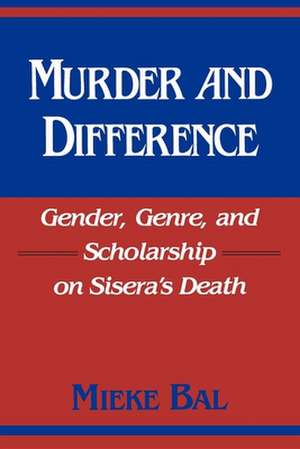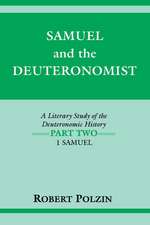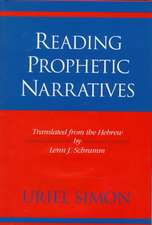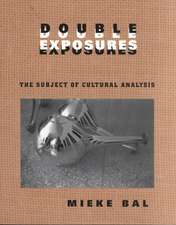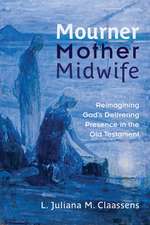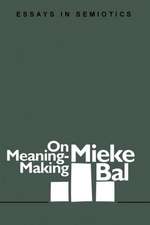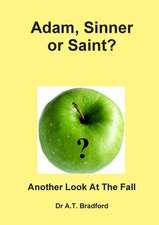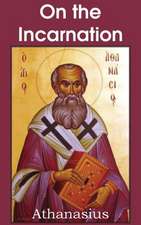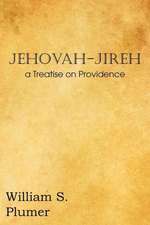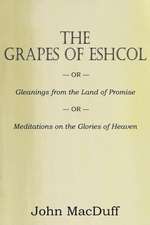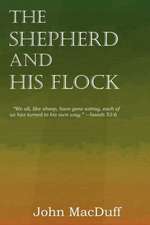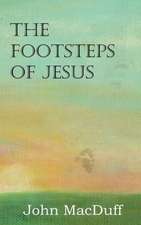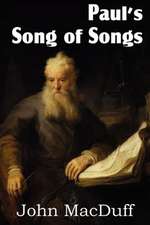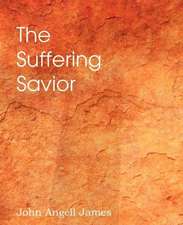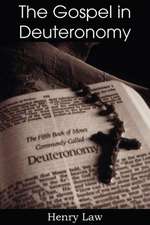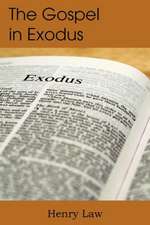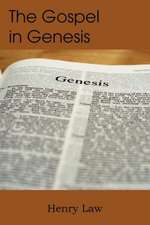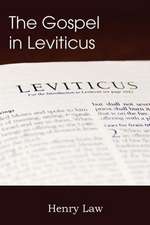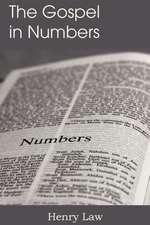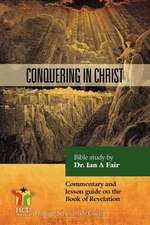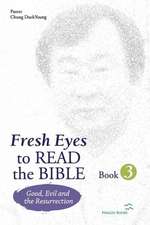Murder and Difference – Gender, Genre, and Scholarship on Sisera`s Death
Autor M Balen Limba Engleză Paperback – 21 feb 1988
..". she points the way into as yet little-explored territory, broadly engaging literary theory as well as ideological criticism... she moves beyond both narrowly historical and exclusively text-centered criticism... " Theology Today
..". Bal has given us both a coruscating feminist critique of biblical scholarship and a fund of provocative exegetical insights... required reading for anyone who wants to know where serious biblical scholarship is heading." Shofar"
Preț: 158.75 lei
Nou
Puncte Express: 238
Preț estimativ în valută:
30.38€ • 31.72$ • 25.14£
30.38€ • 31.72$ • 25.14£
Carte tipărită la comandă
Livrare economică 04-18 aprilie
Preluare comenzi: 021 569.72.76
Specificații
ISBN-13: 9780253207418
ISBN-10: 025320741X
Pagini: 164
Dimensiuni: 152 x 229 x 16 mm
Greutate: 0.27 kg
Editura: MH – Indiana University Press
ISBN-10: 025320741X
Pagini: 164
Dimensiuni: 152 x 229 x 16 mm
Greutate: 0.27 kg
Editura: MH – Indiana University Press
Notă biografică
Mieke Bal
Cuprins
Preface
The Object
Introduction
I. DISCIPLINARY CODES
1. The Historical Code
The History of the Texts
The History of the People
Connoted History
2.The Theological Code
THe use of the Theological Code
Religious Codes
3. The Anthropological Code
The Concept of Judge
The Ethnographic Context
The Oral Code
4.The Literary Code
The Polemic Lyric Code
The Nonpolemic Lyric Code
The Narratological Code
The Aesthetic Literary Code
II. TRANSDISCIPLINARY CODES
5. The Thematic Code
Closing and Opening of Thematics
The Theme as Starting Point
The Thematic Code at Work
The Thematic Code as Censor
The Code as Method
6.The Gender Code
The Gendered Subject
The Gender Code and the Narrarive
The Gender Code and the Song
Conclusion
References
Index
The Object
Introduction
I. DISCIPLINARY CODES
1. The Historical Code
The History of the Texts
The History of the People
Connoted History
2.The Theological Code
THe use of the Theological Code
Religious Codes
3. The Anthropological Code
The Concept of Judge
The Ethnographic Context
The Oral Code
4.The Literary Code
The Polemic Lyric Code
The Nonpolemic Lyric Code
The Narratological Code
The Aesthetic Literary Code
II. TRANSDISCIPLINARY CODES
5. The Thematic Code
Closing and Opening of Thematics
The Theme as Starting Point
The Thematic Code at Work
The Thematic Code as Censor
The Code as Method
6.The Gender Code
The Gendered Subject
The Gender Code and the Narrarive
The Gender Code and the Song
Conclusion
References
Index
